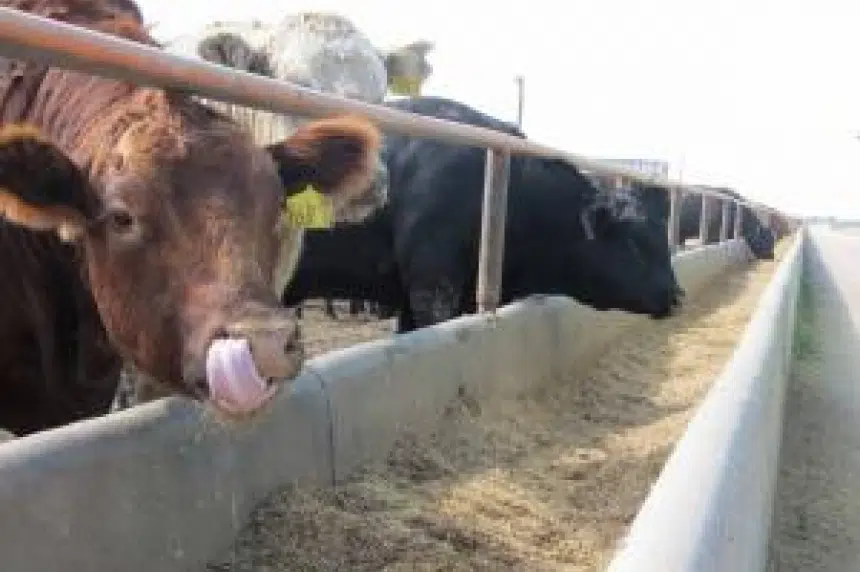Like a lot of environmental activists, Britain’s Farm Animal Investment Risk and Return (FAIRR) doesn’t like the rise in global meat consumption.
The group thinks there should be a sin tax imposed on animal products, in particular with eating meats. FAIRR is not the first group to want to do this, and they won’t be the last.
Sylvain Charlebois — dean of the Faculty of Management at Dalhousie University, and professor of food distribution and policy — recently wrote a piece on the issue.
Charlebois joined Gormley this week to talk about what he says is a decade-long, relentless criticism of meat. He said there are three layers to the issue, which include an increasing number of consumers concerned about the carbon footprint of the sector.
“The number that we hear a lot these days is 18 per cent … agriculture is responsible for 18 per cent of gas emissions and the livestock industry is responsible for a lot of it. So a lot of environmentalists would point to the livestock industry as a culprit — that would be the first layer,” Charlebois said.
The second layer is the concept of the ethical treatment of animals and the use of antibiotics and hormones. Charlebois said many people are also concerned about the industrializing of agriculture in general.
“I can’t remember the last time I read a study which encouraged consumers to eat more red meat. A lot of signals are given to consumers to either consume less meat or to be concerned about the consumption of meat,” he said.
A few years ago, the World Health Organization (WHO) categorized processed meat as a category one, meaning it’s cancerous on the same level as asbestos.
“While in Canada, most consumers just didn’t listen to the WHO, other countries have. China and other places in Europe there is some traction around encouraging consumers to eat less meat but also to add that retail facts onto meat as well,” Charlebois said.
In the United States, the demand for meat is expected to grow this year. Charlebois added it frankly comes down to the economy doing better.
“In Canada, we are expecting beef consumption per capita to increase by point one kilo this year as a result of two things. One, the economy is doing better, but also prices have gone down a little bit for beef so the product is way more attractive to consumers,” he said.
Meat consumption varies from province to province, with Alberta being the highest consumer. In total, around 84 to 87 kilos of meat — chicken, pork and beef — is consumed every year in the country.
“Meat products have been embedded into our culinary traditions for centuries, it’s a part of our reality. We actually celebrate weddings, birthdays, holidays with meat … you just can’t change that overnight,” Charlebois said.
He said a sin tax on meat just doesn’t make sense.
“Given the food cultures we have … if we are to accept that meat products are to be or should be taxed … where will this money go?” Charlebois asked.
“Will these extra revenues serve consumers better or serve the livestock industry better? If beef gets taxed, what else will be taxed down the road? We’re talking about food here — food security.”
The professor said we need to be careful when it comes to food, and that education and the market will ultimately determine what we will do with meat.











